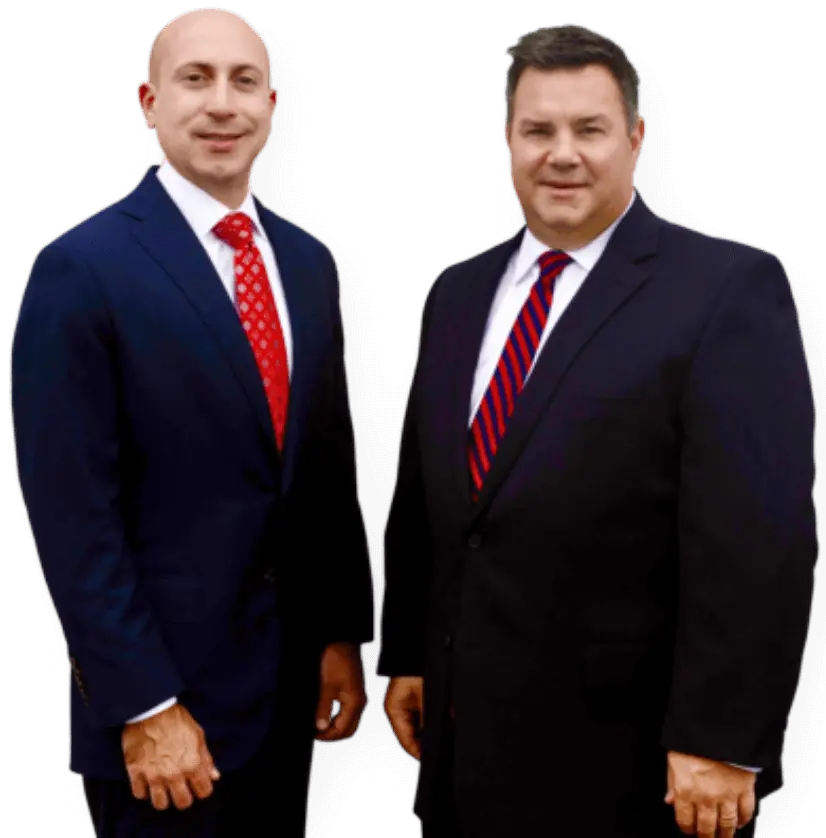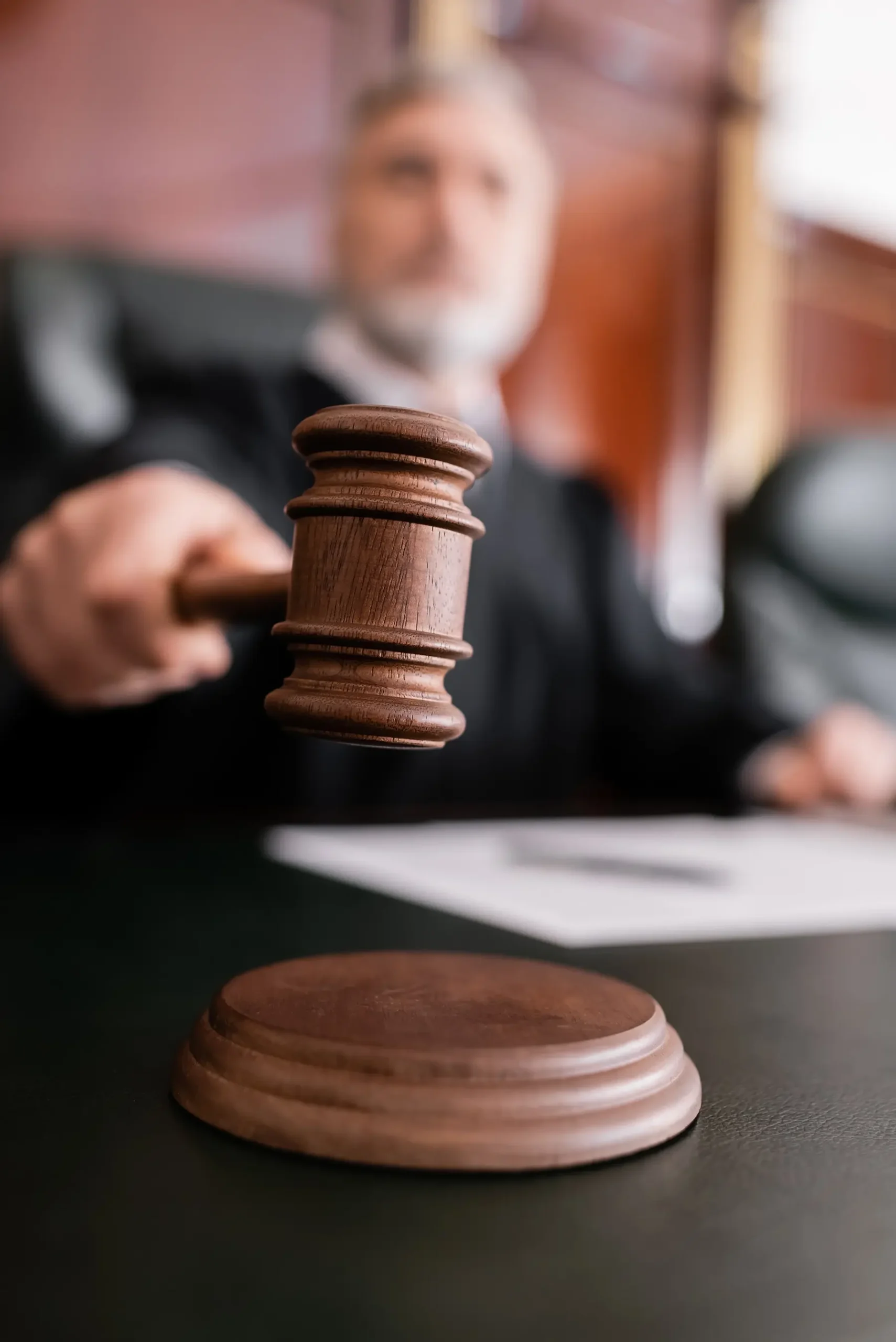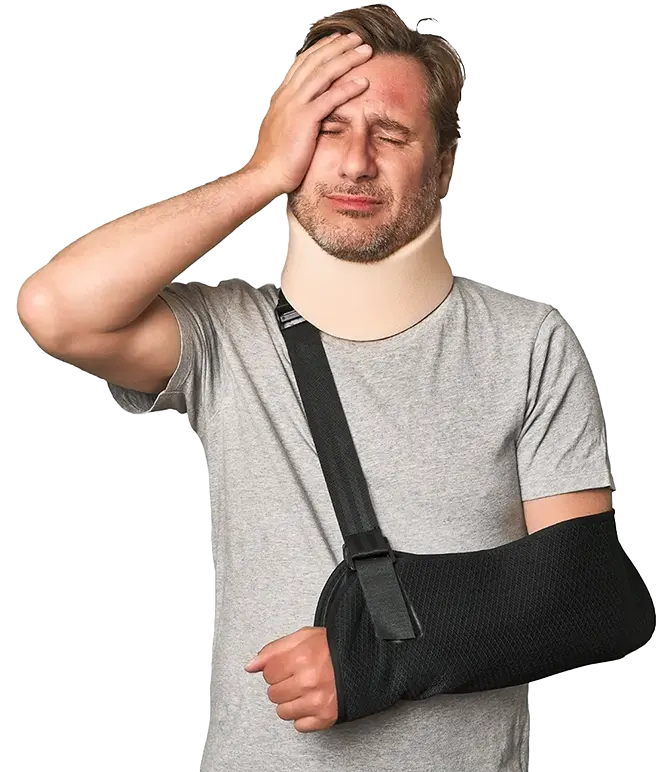Following an accident, whether it be:
- A car accident
- Injury via a defective or dangerous product
- A dog bite
You will have much to anticipate in the coming weeks and months, including hospital visits, calls with insurance adjusters, trips to court, and much more.
If you’re like many of our clients, you’re a hard-working resident of St. Louis. You have a job, a family, and a lifestyle to which you’ve become accustomed. There’s no way you have time to juggle all of the above and deal with your accident injuries.
Schedule a Free Consultation With Our Experienced St. Louis Personal Injury Attorneys
If you want the compensation you deserve for your accident injuries, pick up the phone and call (844) 307-7349 today. We don’t charge you a dime until we get the settlement you deserve.
You can drop by our St. Louis Law Office for a free consultation about your potential personal injury claim. Take exit 14 off I-270 and take a left on New Ballas Road before pulling into our office park on Cityplace Drive.
We can represent you in your personal injury case. Call or click to get our free consultation today!
Walton Telken Injury Attorneys in St. Louis Won’t Let ANYONE Push You Around
Troy E. Walton, Stephen J. Telken, and the rest of the Walton Telken Injury Attorneys team are personal injury attorneys who focus on claims related to car accidents, workers compensation, wrongful death, and defective pharmaceuticals.
We have seven attorneys on staff who handle several types of personal injury claims, including but not limited to:
- Auto accidents — Car accidents can include motorcycle accidents, pedestrian accidents, Uber accidents or Lyft accidents, and bicycle accidents.
- Significant Commercial vehicle accidents — Most of these are catastrophic and fatal trucking accidents, trucking accidents with liability factors initially unclear, and aviation accidents.
- Products liability — This includes dangerous drugs and products, including class action lawsuits.
- Premises liability — Dog bites fall under premises liability with slip and fall accidents.
- Medical Malpractice — Nursing home abuse and neglect fall under medical malpractice
- Catastrophic injury claims — This includes major burns, neck, back, and spinal injuries from other accidents.
We Protect Workers Rights All Across Missouri and Illinois
Missouri is a state of hard-working people. Our state is a top-ten producer of agricultural products and mining. It keeps our economy growing, and none of it would be possible without the people who go to work in those fields/mines every day.
With blue-collar work comes the risk of significant injuries. Our St. Louis workers compensation attorneys have decades of experience assisting dejected construction workers, coal miners, crane operators, and many other types of blue-collar workers in securing the most compensation for their injuries.
Injured workers in St. Louis and Eastern Missouri can obtain workers compensation payments through the following resources:
- Missouri state workers’ compensation
- Jones Act
- Federal Employee Work Injury (FELA) claims
- Social Security Disability claims
No matter what your injury is, if it happened at work, your company owes you. However, just because they owe you, doesn’t mean you’ll get the compensation you deserve. You’ll need an experienced workers compensation attorney on your side to make sure you secure a proper settlement.
Pharmaceutical and Corporate Malfeasance
Our Mass Tort Attorneys have made a career of holding big corporations accountable for harming St. Louis residents with defective drugs and products. If you or a loved one have been injured by a dangerous drug or product, please contact our office for a free, confidential consultation.
We are St. Louis Personal Injury Attorneys here to Fight For You
Walton Telken Injury Attorneys possess the means and know-how to manage complicated claims concerning deadly auto accidents or work-related injuries, as well as lawsuits concerning big corporations and multiple parties.
You need skilled legal representation to find evidence, utilize expert witnesses, and begin processing proof as quickly as possible after an injury to create an excellent case for your injury settlement.
Contact our offices today via phone or web to make an appointment with one of our personal injury lawyers. Don’t leave your settlement up to just any lawyer — retain Walton Telken Injury Attorneys today!

















